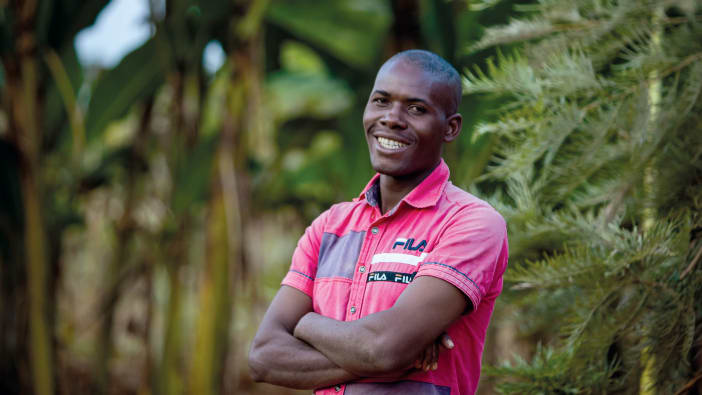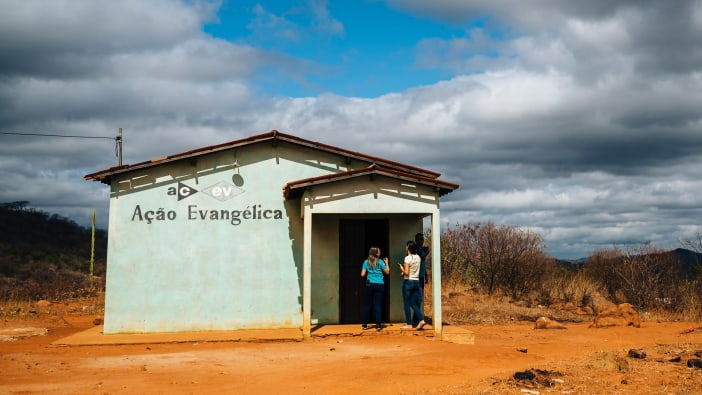by Robert Linthicum.
To encourage change effectively within a community, you need to learn from the community about their situation. You also need to learn who the real leaders are. Often the elected leaders are not the people who make things happen in a community.
I believe there are four key people in every community around the world. I’ve given these people the names, gatekeepers, care-takers, news-catchers, and brokers. These are the people who really make communities function.
How do you learn about each community? As you talk with people, ask them about how long they have lived in the area, what changes they have seen in that time, what hopes they have and what problems and concerns there are. Then ask questions to discover the real leaders. When you keep getting the same names from different people, then you know you’ve probably found them.
The Gate-keepers
A community’s gate-keeper is the person who decides whether or not someone gets through the ‘gates’ of the community and is accepted. To find the gate-keepers, ask who has recently moved into the area. How do people feel about them? Are they well liked or thought odd? Why do they feel this way? Their answer may well be: ‘Because so and so told me this…’ and then you’ve found your gate-keeper. These are influential people who effectively control how others feel about new people and new ideas.
The Care-takers
These are the people others turn to when they have problems. When I was walking through a slum in Chennai, all the children from one area seemed to be playing outside one house. The person living there was probably the care-taker for that area – the ‘Mama’ or the ‘shepherd’ – always ready to listen, comfort or advise. Every community has one and they can be men or women. To find the care-taker, ask: ‘If you had an emergency at 2am and none of your family were around, who would you go to for help?’
The News-catchers
These are the people who always know everything that is going on. When someone is ill, or dying or has lost their job, they always seem to be one of the first to hear. To find the news-catcher, you could ask: ‘If a person was known to be causing unnecessary problems or arguments, who would people talk to in order to make sure that the message got through to them?’
The Brokers
A broker has connections with personal friends of key people in the government or international organisations who can get things done! To find the broker, ask who people would turn to for help to get things done. Who would they ask for help when, for example, the water tap or power supply or telephone for their area was not working?
Find them!
Why is it so important to find these four types of people?
- Firstly, because these are the people with the necessary skills to organise the community to encourage change – whether this is for advocacy work, or any other development work.
- Secondly, because people in the community will first look to see if the most important people are participating or boycotting the effort. Then they will decide whether to join in themselves.
Seek out these key characters and build relationships with them. Remember, however, that their interests may not always be the same as yours or of the community. Seek to work with them and influence them. Through the understanding and support of these leaders, change will be much more likely.
Condensed from an article in Together Magazine, Issue 27, World Vision.









